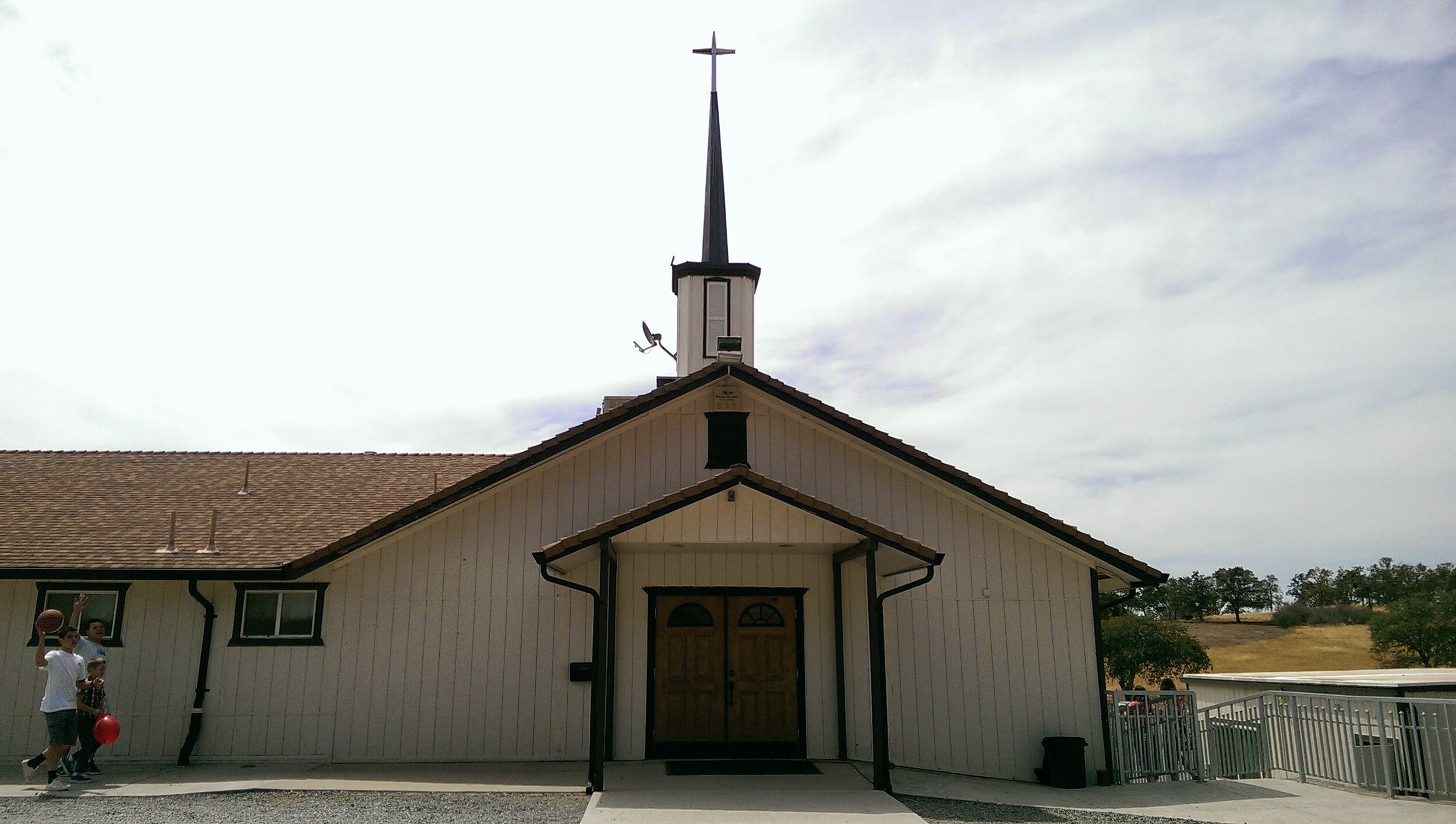After the wise men were gone, an angel of the Lord appeared to Joseph in a dream. “Get up! Flee to Egypt with the child and his mother,” the angel said. “Stay there until I tell you to return, because Herod is going to search for the child to kill him.” That night Joseph left for Egypt with the child and Mary, his mother, and they stayed there until Herod’s death. This fulfilled what the Lord had spoken through the prophet: “I called my Son out of Egypt.” Herod was furious when he realized that the wise men had outwitted him. He sent soldiers to kill all the boys in and around Bethlehem who were two years old and under, based on the wise men’s report of the star’s first appearance. Matthew 2:13-16 (NLT)Jesus, Mary, and Joseph were political refugees. They had to pack up in the middle of the night and flee a violent madman named Herod, who had no regard for human rights. Among those he slaughtered were an untold number of babies in children in order to hang on power. What they needed was to be out of harm’s way, safety, protection, a place where the threat and violence could not reach them, a place where they no longer had to run. Luckily for Jesus and his parents Egypt did not have a closed door attitude and policy regarding Jewish refugees.From the Roman perspective the Jews were a strange lot, with strange beliefs, odd practices, folks who created their own enclaves, who stuck together, and who didn’t integrate well. The place they called their homeland was a region of continual unrest, terrorism, and instability. And of course they were easy to blame for all kinds of things, it was easy to marginalize them, to reduce them to one lot, to make them an impersonal issue.I wonder how Jesus, Mary, and Joseph thought and felt about refugees after they had been refugees themselves? When the topic came up in their home, in the carpenter shop, at the well, in the market, or on Saturday in the synagogue, what was their tone? What opinions did they hold and defend? What did they wish for, advocate for, and pray for regarding refugees? Because the things that we go through ourselves do shape us, do affect how we think and feel about them, and often make us more empathetic.How many people helped Jesus, Mary, and Joseph along the way, during the time they were exiled in Egypt, the time they could not go back home? I am sure what the Wise Men gave them came in handy. But from my own experience of being an immigrant I know how much it means for people to reach out to you, to engage with you, to care about you, to help you, to be generous to you, to include you, to pray for you, to give you a chance. I can’t tell you how grateful I am for all who have treated me that way, and I can’t help but think that Jesus and his parents felt the same.How should the church, the organization Jesus started, the group of people he calls his body, think, feel, and act regarding refugees? What would he have us advocate, stand up for? How would he have us engage with those who are on the run, who can’t go back home, who are displaced by violence, politics, disasters, and economics? And where does the church get its cues to discern Jesus’, God’s (Jesus is God incarnate), opinion, heart, and directives? I believe the answer to that last question is: Through the Holy Spirit, through God’s written word (the Bible), through the example of Christ, and both through a willingness to follow where these lead us and to radically love.To God be all glory. Love you, Pastor Hans
Der German shepherd
Pastor's Notes from a Country Preacher
×
Keywords
- Advent/Christmas
- America
- Bible
- Blessings
- Change
- Choices/Decisions
- Christianity
- Church
- Cross
- Easter
- Faith
- Fatherhood
- Forgiveness
- Freedom
- Giving/Generosity
- Godliness
- Gratefulness
- Grief
- Habits
- Holiness
- Hope
- Jesus
- Joy/Happiness
- Judgement
- Justice
- Kindness
- Love
- Neighbor
- New Year
- Parenting
- Patience
- Peace
- Politics/Election
- Prayer
- Racism
- Resilience
- Salvation
- Sanctification
- Servanthood
- Sin
- Spiritual Growth/Health
- Suffering
- Testimony
- Thanksgiving
- Tithe
- Transformation
- Transparency
- Wisdom
- Witness
